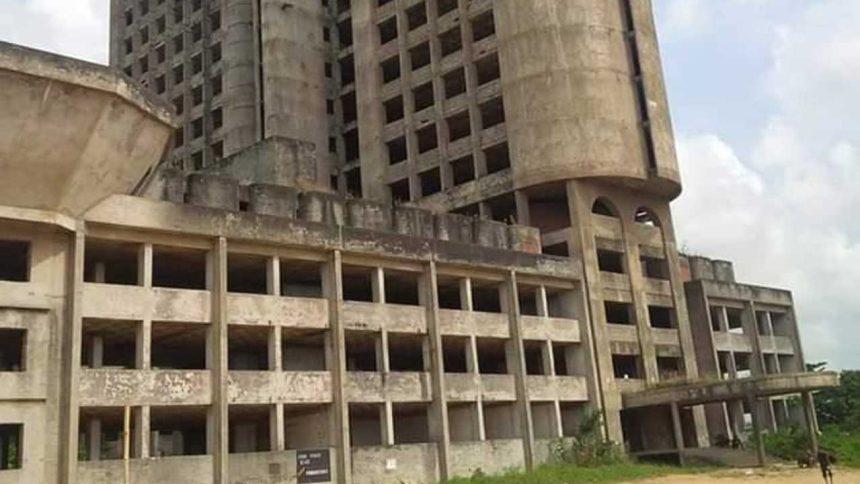Nigeria’s economy is groaning under the weight of tens of thousands of abandoned public projects, with experts warning that the waste now runs into trillions of naira and continues to stall growth.
According to the Nigerian Institute of Quantity Surveyors (NIQS), more than 56,000 projects across the country have been left unfinished from roads, bridges, and housing estates to airports and industrial parks.
The Chartered Institute of Project Managers of Nigeria (CIPMN) estimates the value of these dormant projects at over ₦17 trillion, describing the situation as both a financial hemorrhage and a brake on national development.
A Cycle of Waste
Analysts point to a familiar cycle: projects conceived without proper planning, awarded to unqualified contractors, and undermined by inflated costs or political changes. Many initiatives collapse once a new administration takes office, while others are tied up in litigation or abandoned when donor funding dries up.
Beyond the waste of public funds, the consequences are visible in everyday life potholed highways, incomplete housing estates, and idle industrial complexes that could have created jobs and spurred growth.
Monuments to Neglect
Some of the most striking reminders of this failure include the Federal Secretariat in Ikoyi, the 18-storey NSITF building on the Lagos-Badagry corridor, and multiple office complexes near Tafawa Balewa Square. Across Lagos, Port Harcourt, Kano, and Abuja, industrial estates lie derelict, their potential untapped.
A Call for Action
Experts warn that these projects represent more than sunk costs they are opportunities lost. Each abandoned structure is a stalled factory, a missing housing unit, or a road that could have eased commerce.
To stem the losses, analysts are urging government at all levels to reassess and revive viable projects, either through repurposing or public-private partnerships (PPP). Without such decisive steps, they caution, the cycle of waste will only deepen Nigeria’s economic malaise.
Source: The Sun



